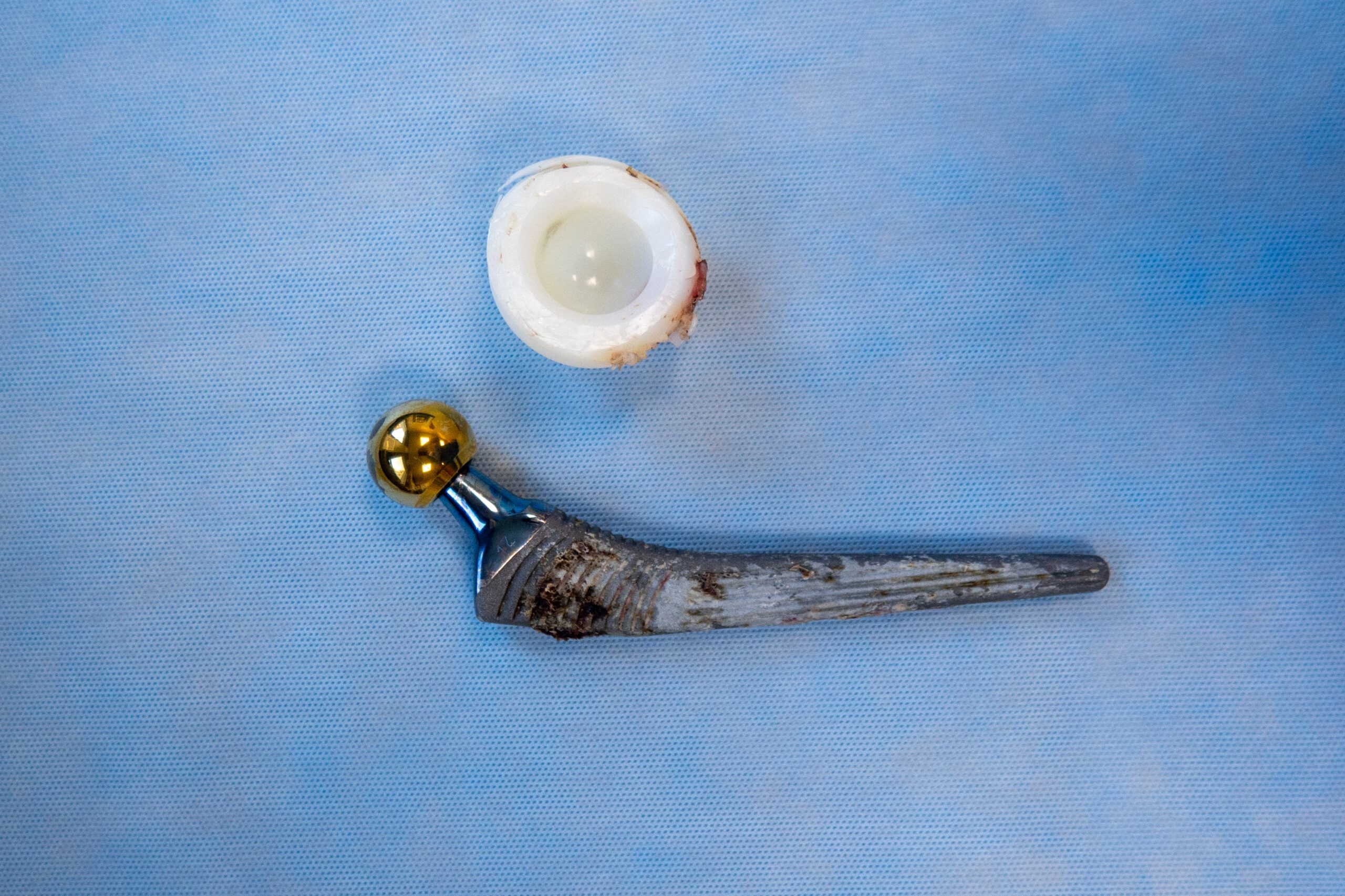
Determining the long-term performance of materials is crucial but often time-consuming and costly. To address this, accelerated aging protocols are used to simulate the effects of time, allowing for quicker insights into material durability.
Standard Accelerated Aging Testing
Standard accelerated aging tests rely on the assumption that increased temperature accelerates any reaction or change rates within the material by a predictable amount. This method assumes that all chemical reaction rates are accelerated equally, a principle described by the Arrhenius equation, which maps elevated temperatures to their equivalent ambient aging times. Despite this method’s widespread use in like orthopedics (ASTM F1980) and others (ASTM D5427, D6521, D3434), it is essential to realize that not all rates are equally accelerated in polymers. For example, a thermal change that crosses the glass transition of the polymer will exhibit two different rates. As a result, care must be taken in using this approach.
Challenge conditions are often incorporated to compare the shelf behavior of new compositions with existing ones. For example, ASTM F2003 provides an oxidative challenge for polyethylene.
Custom Accelerated Aging Testing
Aging studies are sometimes performed to see how the product will behave in its intended use environment. These studies often require unique test conditions, such as increased pressures or temperatures, pH, or changed environments to specific fluids or gases. Following aging, the appropriate tests need to be selected to assess what changes have occurred during aging. These tests are based on the intended use and potential failure modes. These test results should be compared to shelf-aged samples to validate the conditions and acceleration factors.
Industries
- Medical Devices
- Pharma
- Industrial
- Consumer Goods
ASTM Testing
F1980 Accelerated Aging of Sterile Barrier Systems for Medical Devices
F2003 Accelerated aging of UHMWPE after gamma irradiation in air
D5427 Accelerated Aging of Inflatable Restraint Fabrics
D6521 Accelerated Aging of Asphalt Binder Using a Pressurized Aging Vessel (PAV)
D3434 Test Method for Multiple-Cycle Accelerated Aging Test (Automatic Boil Test) for Exterior Wet Use Wood Adhesives
Contact us to assess the shelf life and in vivo performance of your material or device.
